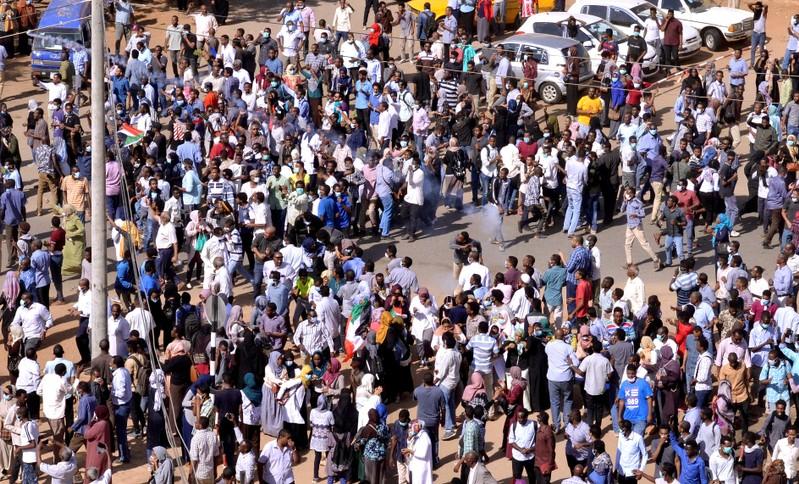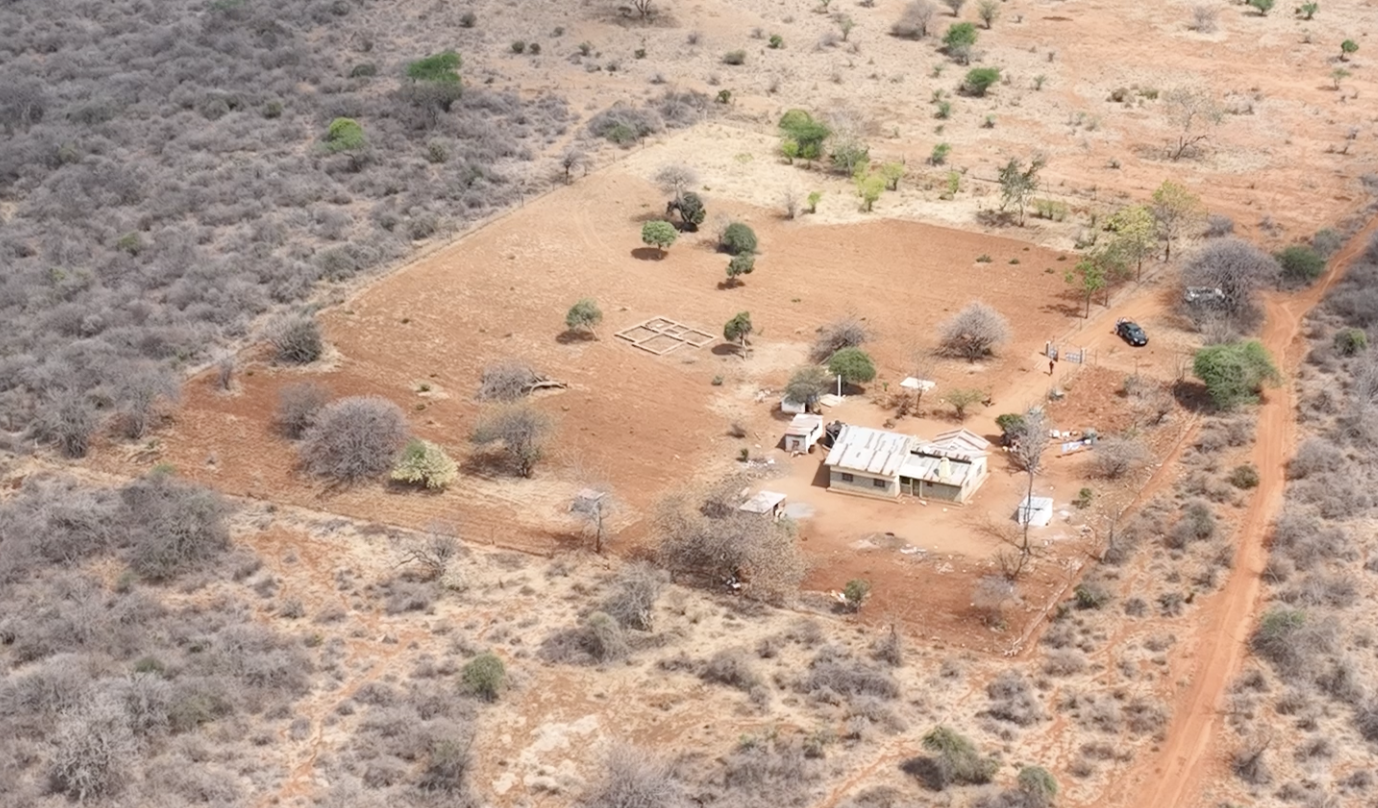
Sudanese forces use tear gas to disperse protestors

Sudanese security forces fired tear gas and stun grenades at anti-government protesters in Khartoum and other cities on Friday, the tenth day of demonstrations sparked by an economic crisis.
Protests over rising prices, shortages of basic commodities and a cash crunch erupted in the city of Atbara over a week ago and quickly spread to cities across Sudan. Authorities have since declared curfews and states of emergency in several regions.
Residents say police have used tear gas and sometimes live ammunition against demonstrators.
Protesters have repeatedly targeted and burned the offices of President Omar al-Bashir’s party and called for an end to his 29-year rule.
Earlier on Friday, security forces fired tear gas and stun grenades at 300-400 worshippers as they left a mosque near the capital Khartoum after Friday prayers, a witness told Reuters.
According to official figures, at least 19 people have been killed, including two military personnel, but Amnesty International on Tuesday estimated the death toll to be nearly double that.
The Sudanese Congress Party, one of the opposition parties which have been calling for protests, said security forces had detained its leader Omar al-Degair on Friday.
“We affirm that the path of the December revolution will continue and will not be affected by arrest or repression,” the party said in a statement.
Sudan has been gripped by a deep economic crisis that began in 2011 after the southern half of the country voted to secede, taking with it three-quarters of the country’s oil output.
Opposition groups blame Bashir, who has governed Sudan since 1989, for mismanagement. A series of measures, including a sharp devaluation of the Sudanese pound in October, have failed to shore up the economy.
Members of parliament meanwhile backed a constitutional amendment this month to extend term limits that would have required Bashir to step down in 2020.
Two U.N. human rights experts expressed alarm at the escalating violence and urged the government to exercise restraint.
“The Government should respond to legitimate grievances of the Sudanese people,” Clement Nyaletsossi Voule, who reports to the U.N. Human Rights Council on the right to free assembly in Sudan, said in a statement.






